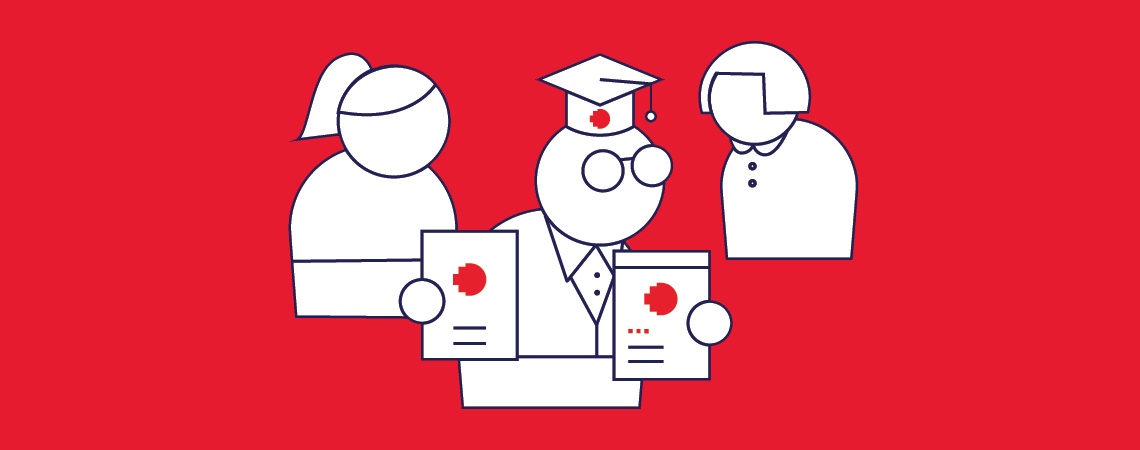- Learning mode:
- On campus
- Entry score:
- Duration:
- Full-time 1 year
- Part-time 2 years
- Next intake:
- February, July
- Location:
- Melbourne City
- Learning mode:
- On campus
- Entry score:
- Duration:
- Full-time 1 year
- Fees:
-
AU$34,560 (2025 annual)
- Next intake:
- February, July
- Location:
- Melbourne City




